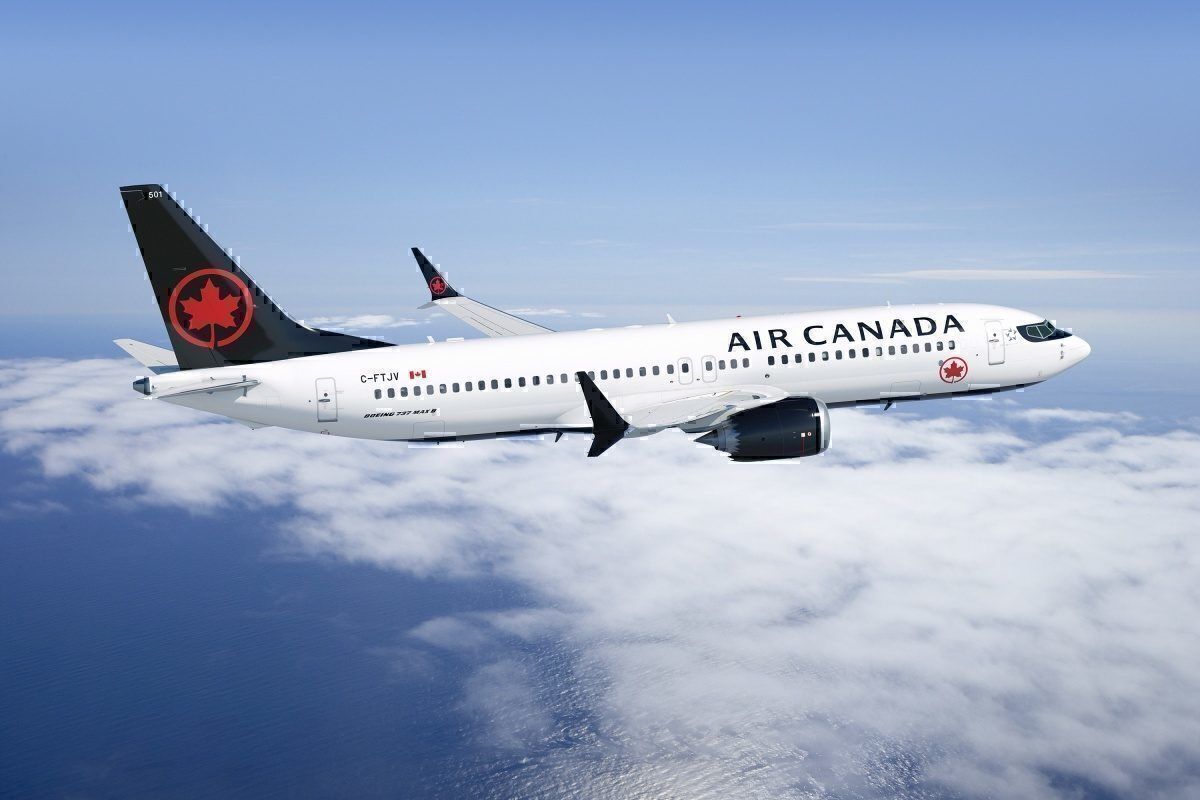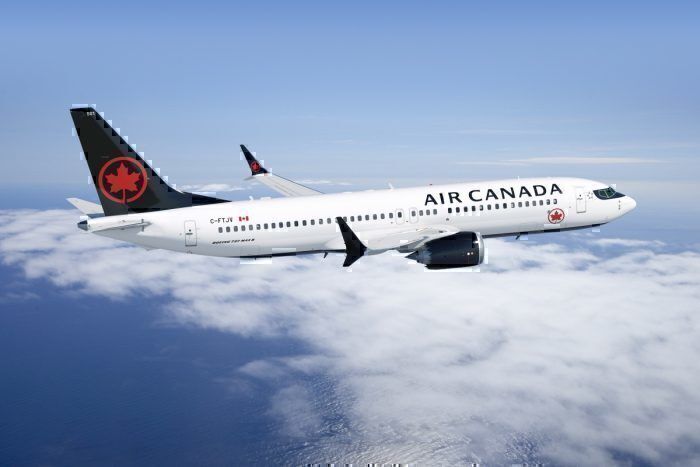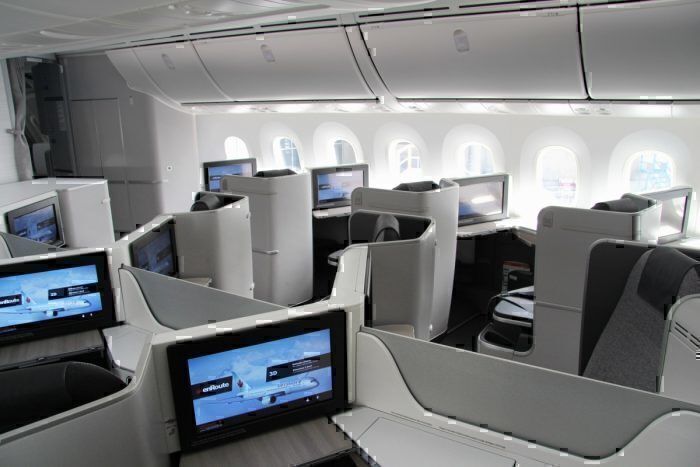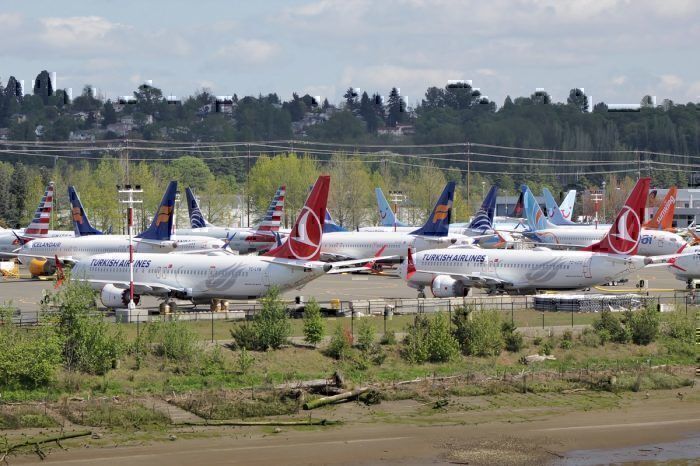Following in the footsteps of its competitor WestJet, Air Canada announced yesterday that it would be extending its Boeing 737 MAX cancellations until January 2020. Despite losing 24 of its current fleet to the grounding, Canada’s largest carrier posted a record second-quarter revenue of $4.34 billion (CAD).
Air Canada has announced an extension to the cancellation of its 737 MAX services for an additional five months, according to reports by Flight Global yesterday.
Back in April, the airline planned for 737 MAX cancellations until at least August 1st. Like many others, it has been forced to extend its service cancellations significantly, due to continued uncertainty around the FAA’s recertification of the 737 MAX.
Despite strong profits, the 737 MAX cancellations have put a significant dampener on Air Canada’s capacity growth plans. From a predicted 3% year-on-year capacity growth for Q3 of 2019, the airline now expects a 3% reduction in capacity for Q3 of 2019 compared to the same period last year.
An airline on the up
At $343 million (CAD), Air Canada’s profits for Q2 of 2019 mark a stark turnaround from the $102 million (CAD) loss posted a year earlier. This is part of a wider trend of expansion for the airline, which saw an $83 million (CAD), or 10.2%, year-on-year increase in business class passenger revenues for Q2 2019.
Despite strong growth, Air Canada is being significantly hampered by the 737 MAX grounding. Air Canada President and CEO Calin Rovinescu told Business Travel News that his airline has had to cancel around 100 flights daily due to the loss of the 34 737 MAX it should currently have in operation.
As part of the second-quarter results, Rovinescu thanked Air Canada staff for their part in the airline’s strong performance this year, saying,
“Our management team and all employees involved with this complex issue did an incredible job implementing creative solutions for our fleet, schedule, network and operations to get passengers to their destinations during the quarter”.
According to CBC Dominion Securities Analyst Walter Spracklin, there is one upside to the loss of Air Canada’s 737 MAX fleet. He said that,
“Tighter capacity is the silver lining of the MAX impact, and should bode well for yields”.
A manufacturer in trouble
The 737 MAX grounding has been a minor logistical nightmare for airlines across the world, many of which counted on the aircraft for a significant proportion of their overall capacity. Nevertheless, the problems faced by many airlines pale in comparison to the financial hit Boeing has taken in the aftermath of the 737 MAX groundings.
The world-renowned aircraft manufacturer recently reported its biggest-ever quarterly loss of $3.4 billion in Q2 of 2019.
Boeing has faced allegations of corner-cutting during the implementation of the MCAS system on the 737 MAX. It has also been criticised for a subsequent cover-up of known design flaws, which are considered to have been responsible for the deaths of 346 people aboard Lion Air Flight 610 and Ethiopian Airlines Flight 302.
Just today, China Southern Airlines announced it has cancelled an order for more than 50 Boeing 737 MAX, spelling yet more bad news for the manufacturer as it struggles to satisfy customer concerns over the fiasco.




